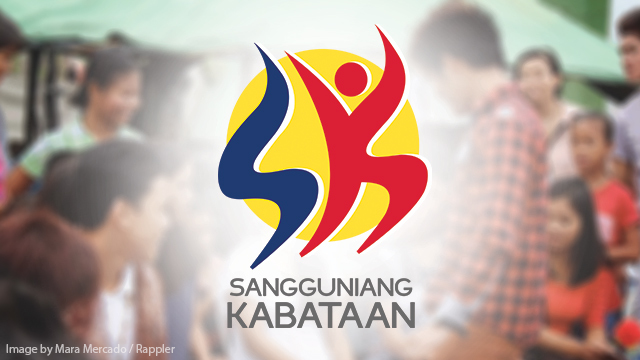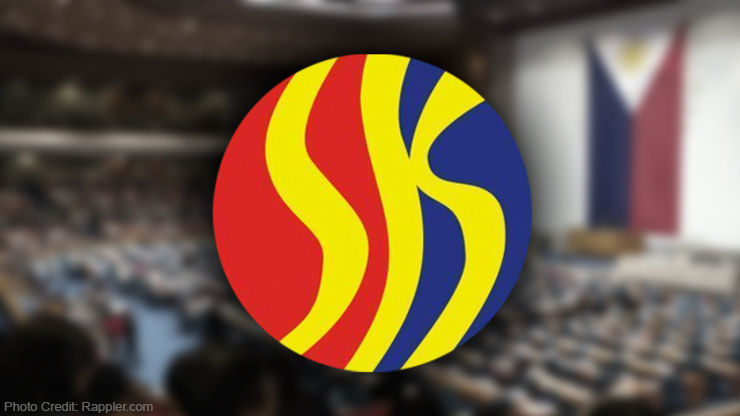Sen. Bam: People, not the President, should choose next barangay, SK leaders
Let the people and the youth elect their barangay leaders.
Sen. Bam Aquino made this call as he criticized efforts to allow President Duterte to appoint barangay officer-in-charge once the barangay and Sangguniang Kabataan (SK) elections are postponed.
“We stand firmly against appointing barangay officials. These leaders should represent the people, serve the people and not to be indebted to Malacanang,” said Sen. Bam.
“We must uphold our democracy and respect the right of the Filipino people to vote and elect their barangay leaders,” added the senator.
The lawmaker insisted that the people’s right to choose their leaders through the ballot is a foundation of our democracy that lawmakers must recognize and respect.
“Even if we hold over the current officials before the next elections, at least they have the mandate from the people,” said Sen. Bam.
But Sen. Bam wants the barangay and SK polls to push through this October, saying it is long overdue, most especially the implementation of Republic Act 10742 or the SK Reform Act.
“The last SK election was seven years ago. Since then, we’ve reformed the SK and even included an anti-political dynasty provision. I would personally want to see the SK elections push through to empower our youth leaders,” said Sen. Bam.
As a former student leader and former chairman of the National Youth Commission, Sen. Bam has long advocated for the welfare of the Filipino youth through several legislations, including RA 10742, which he pushed as co-author and co-sponsor during his time as chairman of the Committee on Youth in the 16th Congress.
The law adjusts age limit of SK officials from 15-17 to 18-24 years old, making them legally capable of entering into contracts and be held accountable and liable for their actions.
The law also requires SK officials to undergo leadership training programs to expose them to the best practices in governance and guide their development as leaders.
The new law also mandates the creation of the Local Youth Development Council (LYDC), a council that will support the SK and ensure the participation of more youth through youth organizations.
The LYDC will be composed of representatives from the different youth organizations in the community – student councils, church and youth faith groups, youth-serving organizations, and community-based youth groups.


Recent Comments